Single Blog
- Home
- Integrated Marketing Tools: Enhance Your Campaigns
Help Links
Zoho Q&A
- Where to Start with Zoho: Strategy Before Software
- Things to Consider When Choosing a Zoho Developer for Your Business
- Learn How to Customise Zoho Yourself
- Zoho Books vs. Xero: Expert Advice from Zoho Partners on Custom Solutions & Integrations
- Zoho CRM vs. HubSpot: Expert Advice from Zoho Partners
- Zoho CRM vs. Zoho Bigin
Contact Information
Address: Kontiki, Tower 1, 508/55 Plaza Parade, Maroochydore
Email: info@dynamicdigitalsolutions.com.au Website: dynamicdigitalsolutions.com.au
Copyright © Dynamic Digital Solutions. All rights reserved.





Integrated Marketing Tools: Enhance Your Campaigns
Marketing campaigns have become increasingly complex in the digital age. Integrated marketing tools offer a solution to streamline and enhance these campaigns.
At Dynamic Digital Solutions, we’ve seen firsthand how these tools can transform marketing efforts. This post will explore essential integrated marketing tools and how they can maximise your campaign effectiveness.
What Tools Power Integrated Marketing?
Integrated marketing campaigns require a robust set of tools to function effectively. We’ve identified four key categories of tools that form the backbone of successful integrated marketing efforts.
Customer Relationship Management (CRM) Systems
CRM systems serve as the cornerstone of integrated marketing. They centralise customer data, allowing marketers to track interactions across multiple touchpoints. Zoho CRM (our top choice for implementation) offers a comprehensive view of customer relationships. It enables personalised communication and helps identify upselling opportunities. Salesforce reports that CRM can increase sales by up to 29%, which highlights its importance in integrated marketing strategies.
Email Marketing Platforms
Email remains a powerful channel in integrated marketing. Platforms like Mailchimp or Constant Contact allow for targeted campaigns and automation. These tools integrate with CRMs to leverage customer data for personalisation. Campaign Monitor found that segmented campaigns can return a 760% increase in revenue, demonstrating the potential of well-executed email marketing within an integrated strategy.
Social Media Management Tools
Social media plays a critical role in modern integrated marketing. Tools like Hootsuite or Sprout Social enable marketers to manage multiple platforms from a single dashboard. They offer scheduling capabilities, analytics, and social listening features. Buffer reports that consistent posting on social media can increase engagement by 300% (underlining the importance of these tools in maintaining an active online presence).
Content Management Systems (CMS)
A robust CMS proves essential for creating and distributing content across various channels. Platforms like WordPress or Drupal allow for easy content creation and optimisation. They often integrate with other marketing tools, enabling seamless content distribution. According to the Content Marketing Institute, this year, 22% of B2B marketers characterise the success of their content marketing as extremely or very successful.
The integration of these tools creates a powerful ecosystem for marketers. This ecosystem allows for the creation of cohesive campaigns that resonate with audiences across multiple channels. The next section will explore how to maximise campaign effectiveness through the integration of these tools.
How to Maximize Campaign Effectiveness with Integrated Tools
Unify Your Customer Data
The foundation of successful integrated marketing rests on a unified view of your customer. Companies use customer data unification to make individual customer profiles using that data so they can identify who’s who. This connection enables more accurate targeting and personalisation across all channels.
When you integrate your CRM with your email marketing platform, you automatically segment your email lists based on customer behaviour tracked in the CRM. This level of integration leads to improvements in email performance.
Automate Your Marketing Workflows
Automation transforms integrated marketing. Setting up automated workflows that span multiple tools creates seamless customer journeys that respond to specific triggers or behaviours.
Marketing automation workflows can be implemented for different channels and use cases, ranging from simple to advanced. These workflows can help streamline your marketing efforts and improve efficiency.
Deliver Personalised Content at Scale
Integrated tools allow you to deliver highly personalised content across multiple channels. Your CMS pulls data from your CRM to dynamically adjust website content based on a visitor’s past interactions with your brand. Your email marketing platform uses the same data to personalise email content.
This level of personalisation significantly impacts your marketing results.
Implement Cross-Channel Attribution
One of the biggest challenges in marketing involves understanding which touchpoints contribute most to conversions. Integrated marketing tools allow for more accurate cross-channel attribution.
Cross-channel attribution can be achieved through media mix modelling, which assesses the impact of various marketing channels on overall performance. This approach helps in understanding the effectiveness of different marketing efforts.
Choose the Right Integrated Marketing Solution
Selecting the appropriate integrated marketing solution proves critical for maximising campaign effectiveness. While many options exist, Zoho ONE (our top choice for implementation) stands out with its comprehensive suite of over 45 applications. This suite provides all the tools needed for effective integrated marketing, from CRM to analytics.
The right integrated marketing solution empowers you to unify data, automate workflows, personalise content, and attribute success across channels. As we move forward, let’s explore how to choose the perfect integrated marketing solution for your unique business needs.
How to Select the Perfect Integrated Marketing Solution
Align with Your Business Objectives
Start by defining your business goals clearly. Do you want to increase customer retention, boost sales, or improve brand awareness? Your objectives will determine the features you need in your integrated marketing solution. If customer retention is your primary goal, you’ll want a solution with robust CRM capabilities and advanced segmentation tools.
Forrester’s CX Index reveals that brands’ customer experience quality drops for the third consecutive year. This underscores the importance of choosing a solution that directly supports your business aims and improves customer experience.
Prioritise Scalability
Your business will grow, and your marketing solution should grow with it. Look for platforms that can accommodate your future needs. Consider not just your current requirements, but also where you want to be in 3-5 years.
Gartner reports that 63% of digital marketing leaders struggle to deliver personalised experiences to their customers at scale. This highlights the need for solutions that can grow with your business and handle increasing data volumes and more complex marketing strategies as your business expands.
Focus on User-Friendliness
Even the most powerful tool becomes useless if your team can’t or won’t use it. Prioritise solutions with intuitive interfaces and comprehensive training resources.
Consider solutions like Zoho ONE, which offers a unified interface across its suite of applications. This consistency can significantly reduce the learning curve and increase adoption rates among your team.
Ensure Seamless Integration
Your integrated marketing solution should connect smoothly with your existing systems, from your e-commerce platform to your customer service software.
IBM announced it will accelerate its hybrid cloud growth strategy to drive digital transformations for its clients.
When evaluating solutions, pay close attention to their integration capabilities. Look for pre-built connectors to popular business tools and robust APIs that allow for custom integrations. This will ensure your marketing efforts truly integrate across all aspects of your business.
Evaluate Support and Training Options
The level of support and training provided can make or break your implementation. Try to choose a solution that offers comprehensive onboarding, ongoing support, and a wealth of training resources. This ensures your team can maximise the potential of the tool and quickly resolve any issues that arise.
At Dynamic Digital Solutions, we offer a free discovery session, customisation workshop, and ongoing support to ensure smooth implementation and optimal use of Zoho ONE (our top choice for integrated marketing solutions).
Final Thoughts
Integrated marketing tools have transformed business marketing strategies. These solutions unify customer data, automate workflows, and deliver personalised content at scale. Companies must select the right platform based on their objectives, scalability needs, and integration capabilities to maximise benefits.
The future of integrated marketing technology includes AI, machine learning, and immersive experiences through AR and VR. These advancements will further personalise marketing efforts and predict customer behaviour. Companies that adopt these technologies position themselves for success in the evolving digital landscape.
Dynamic Digital Solutions specialises in implementing Zoho ONE, a comprehensive suite for integrated marketing. Our expertise ensures rapid, client-focused implementation to streamline operations and enhance customer relationships. We help businesses harness the power of integrated marketing tools to drive growth in an increasingly competitive world.
Categories
Recent Posts
Recent Comments
Archives
Categories
Recent Post
How to Integrate Zoho CRM with Xero
May 27, 2025I Let an ai VA Handle My
May 26, 2025From Toolboxes to Tablets: Tradie Dave’s Digital
May 26, 2025Tags